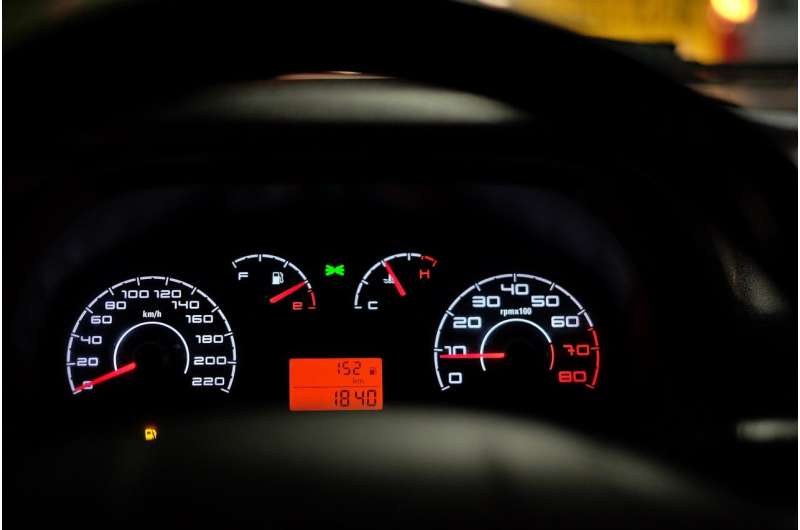Cooperating may result in a better self-driving experience

In a dynamic computer game in which the computer is also a decision maker, you may often find yourself competing with the game to reach your goal. Similarly in handling a "self-driving" car, an automobile equipped with automated driving technology, human drivers sometimes also need to fight the car for the steering wheel in order to keep the self-driving experience safe for self and others, and ultimately get to the desired destination. Until now, the majority of studies on this driving interaction have been largely based on non-cooperate game theory, in which the driver and the computer's decisions on how to steer the car do not match.
To better understand and predict the outcomes of the steering wheel control dilemma and contrary to many previous studies, authors Dr. Xiaoxiang Na and Dr. David J. Cole from University of Cambridge argued that using the cooperative game theory to model this type of interaction problems may be more suitable. They argued this in a paper published in IEEE/CAA Journal of Automatica Sinica, a joint publication of the IEEE and the Chinese Association of Automation,
Using cooperative game theory, the authors created their scenario in a "Pareto equilibrium" sense, a kind of balanced state in which neither the human driver nor the car's automated steering system is willing to change their steering behavior one-sidedly. However, in this "Pareto" state, although the human driver and the automated steering system have different ideas of where the car should go (for example to avoid a pedestrian, by either going straight or making a lane change), the human driver will somewhat agree with the automated steering system's intention and make decisions accordingly.
In order to find out whether being cooperative would bring more benefits to the self-driving experience, the authors also compared their modeling results with the results derived from the non-cooperative game theory.
The authors pointed out that using cooperative strategies has "resulted in a reinforcement of the driver's steering angle control, which in turn enabled the car to return from a risky lane-change maneuver back to a safer straight-line travelling quickly."
In the future, more experiments will be needed to further examine how the cooperative strategy will influence a human driver's interactions with an automated steering system. The authors hope that what they find could be built into automated steering technology so that the technology can take into account human drivers' real-life steering experience to achieve better shared control between humans and self-driving cars.
More information: Xiaoxiang Na et al. Modelling of a human driver s interaction with vehicle automated steering using cooperative game theory, IEEE/CAA Journal of Automatica Sinica (2019). DOI: 10.1109/JAS.2019.1911675


















